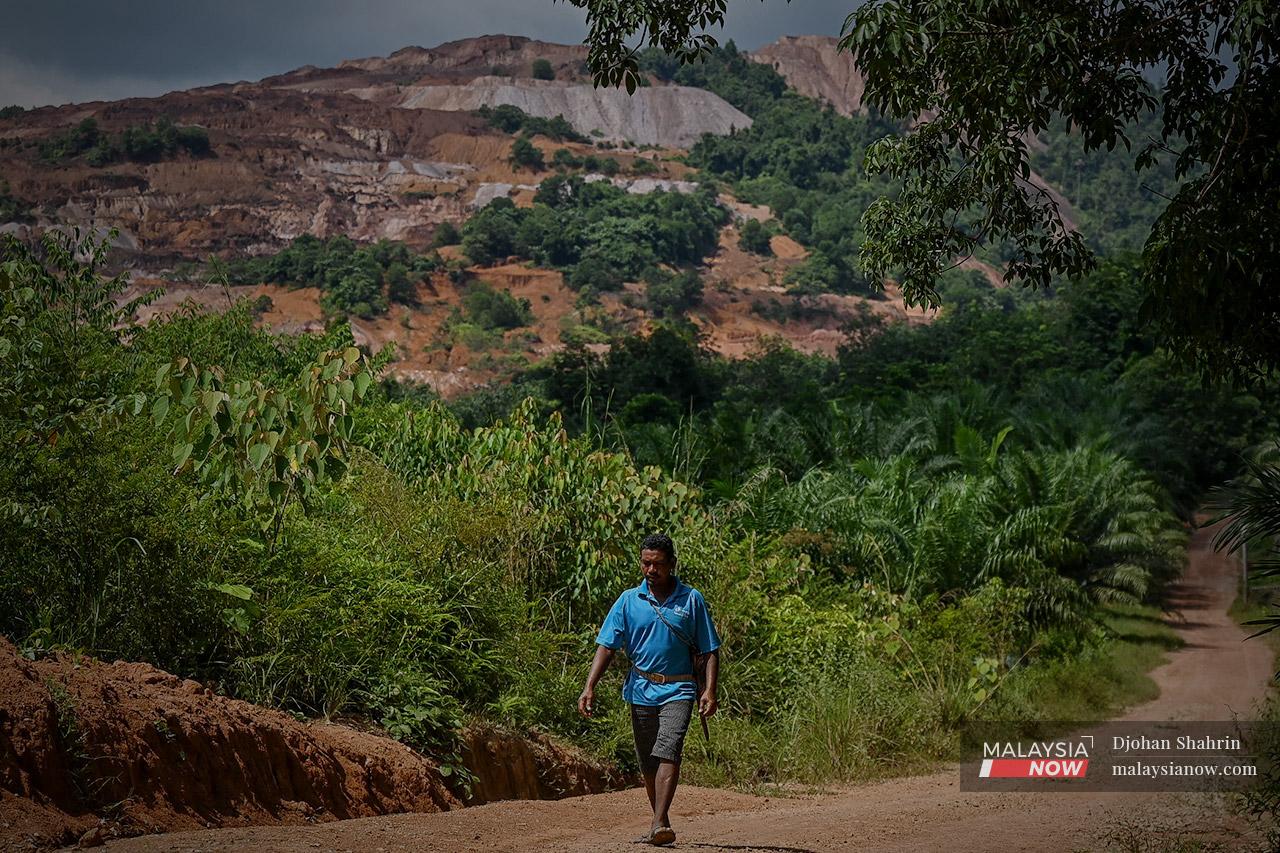Gallery
The threat to Tasik Chini
Once known for its clear water and lush greenery, Tasik Chini is now under threat from mining and logging activities which have already changed much of its landscape and affected the lives of the Orang Asli in the area.
Djohan Shahrin
2 minute read
Share
- Advertisement -
Just In

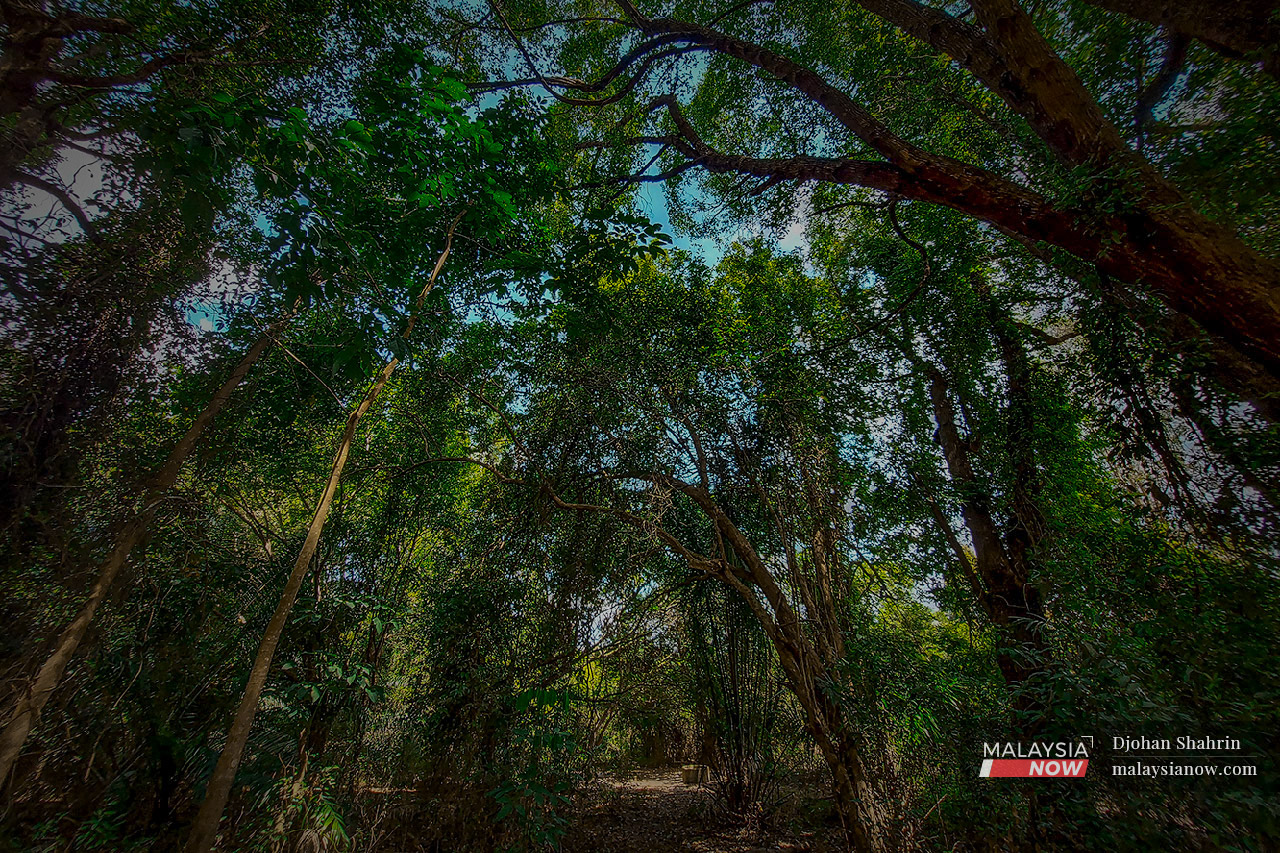


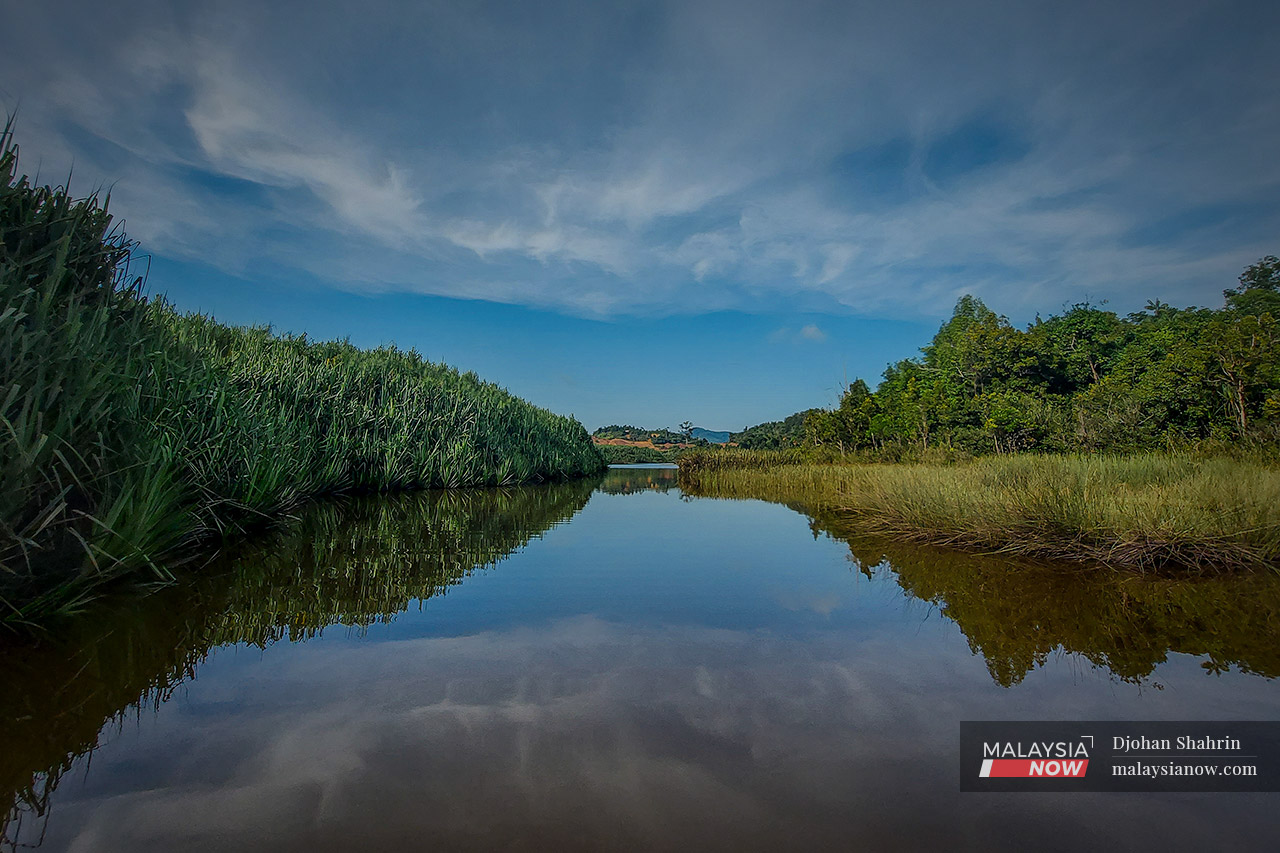
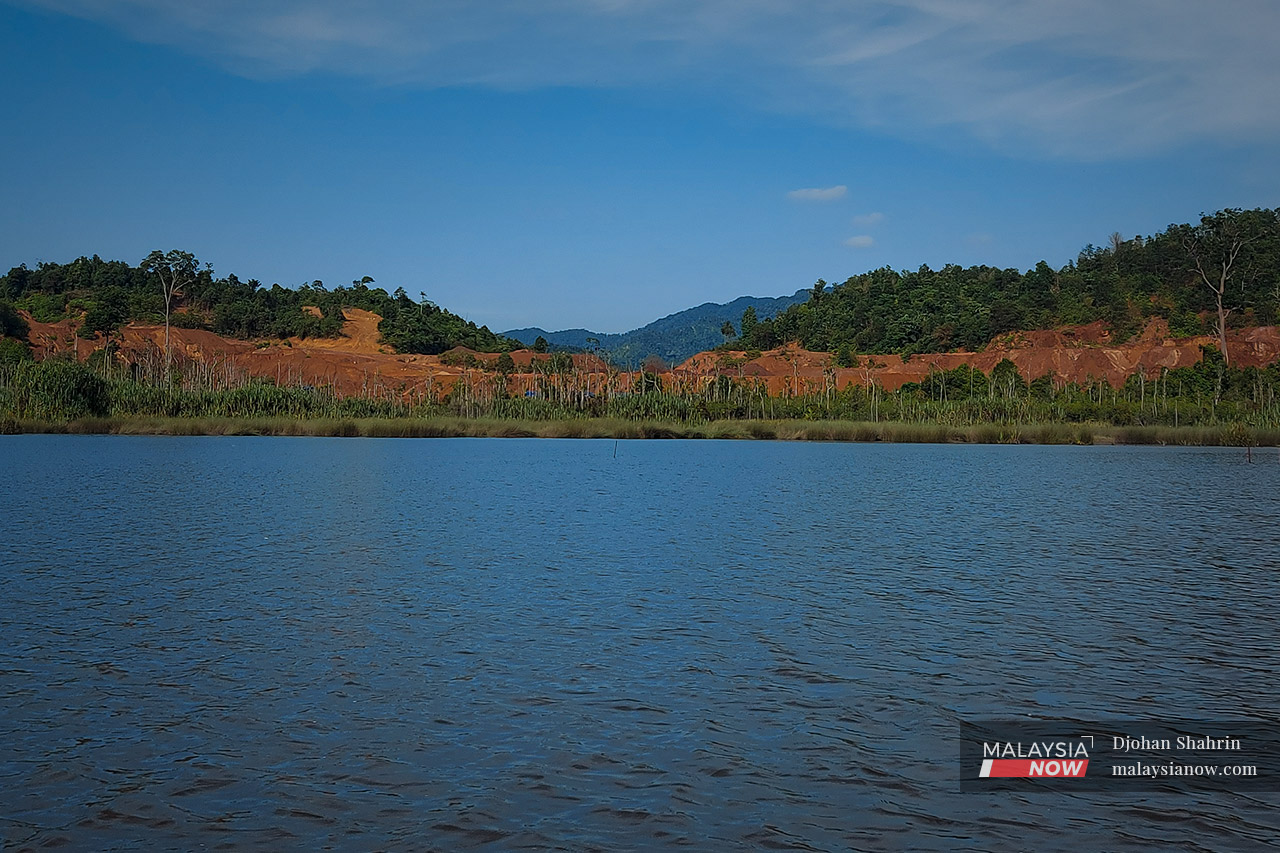
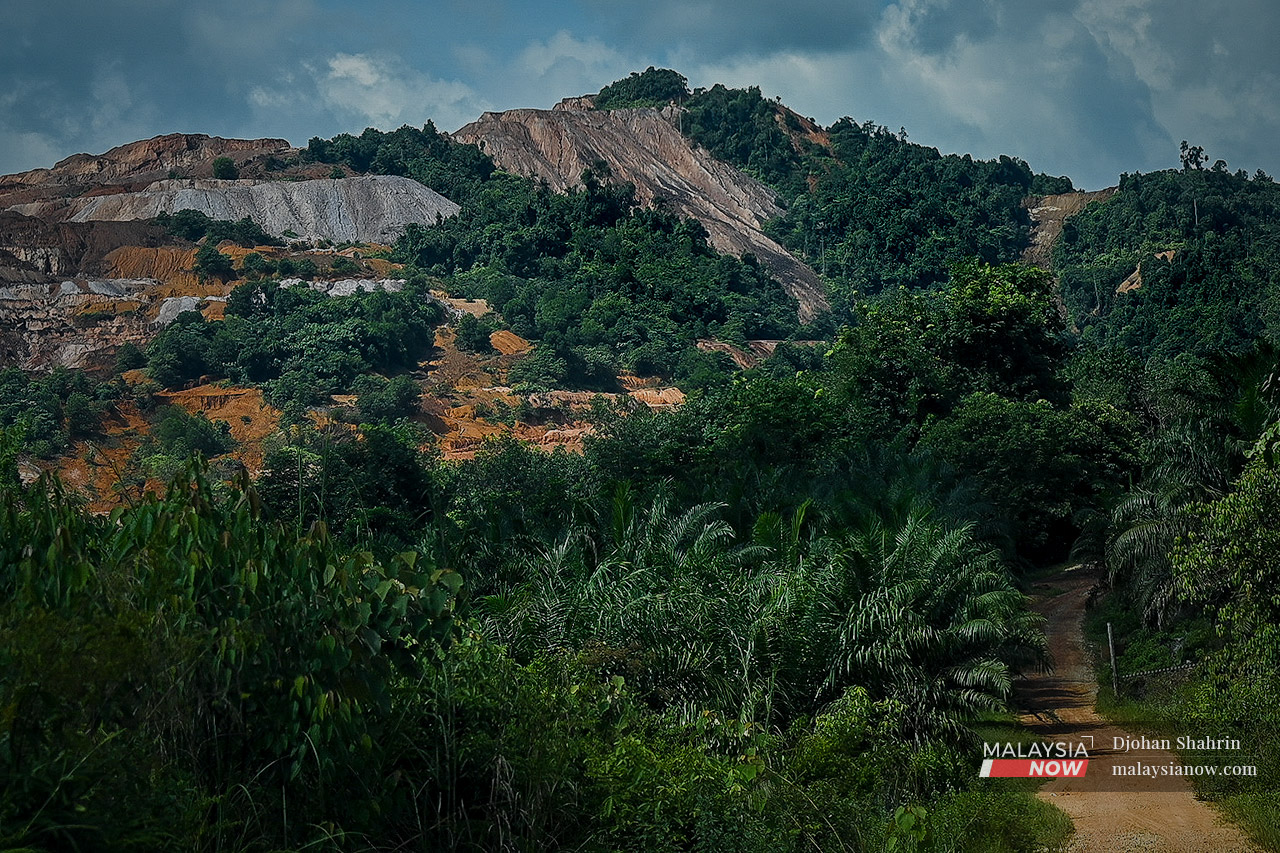



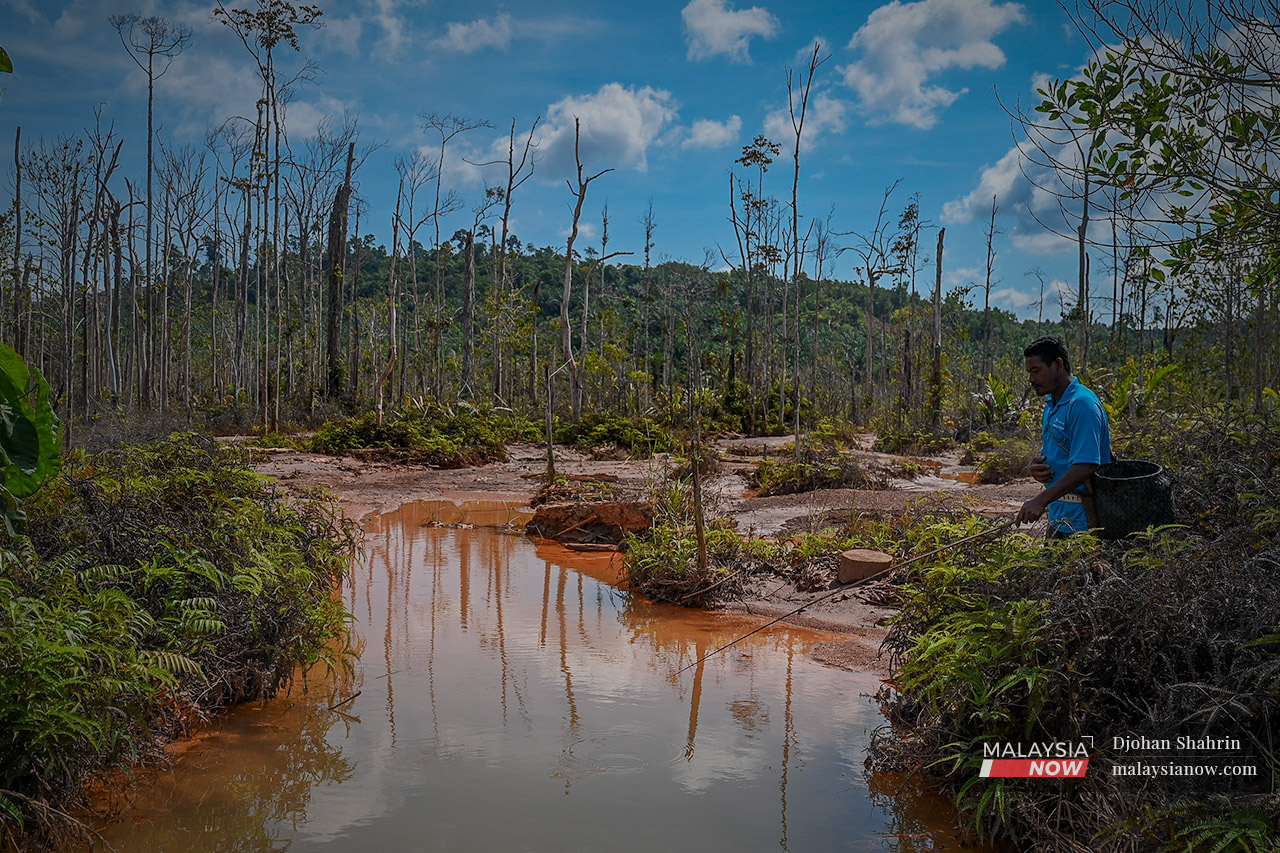










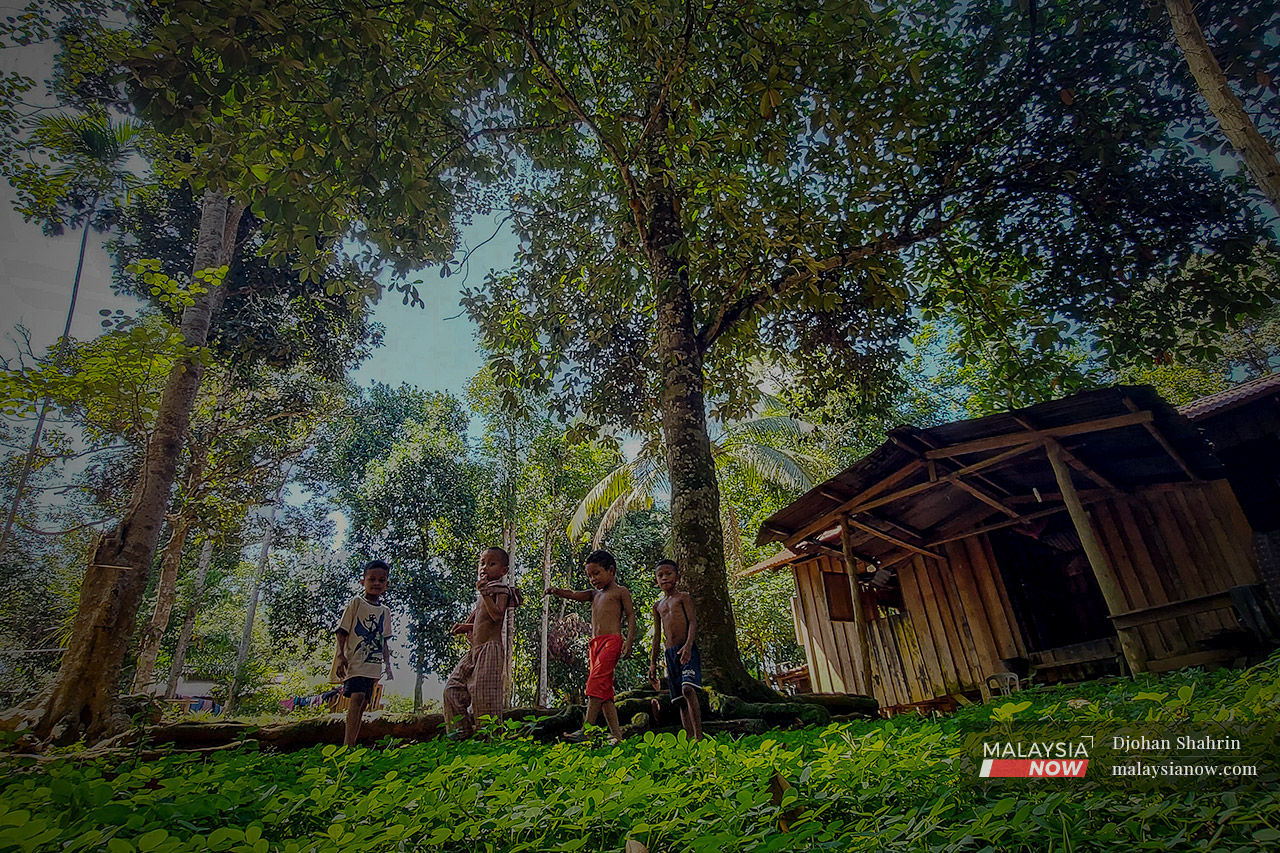
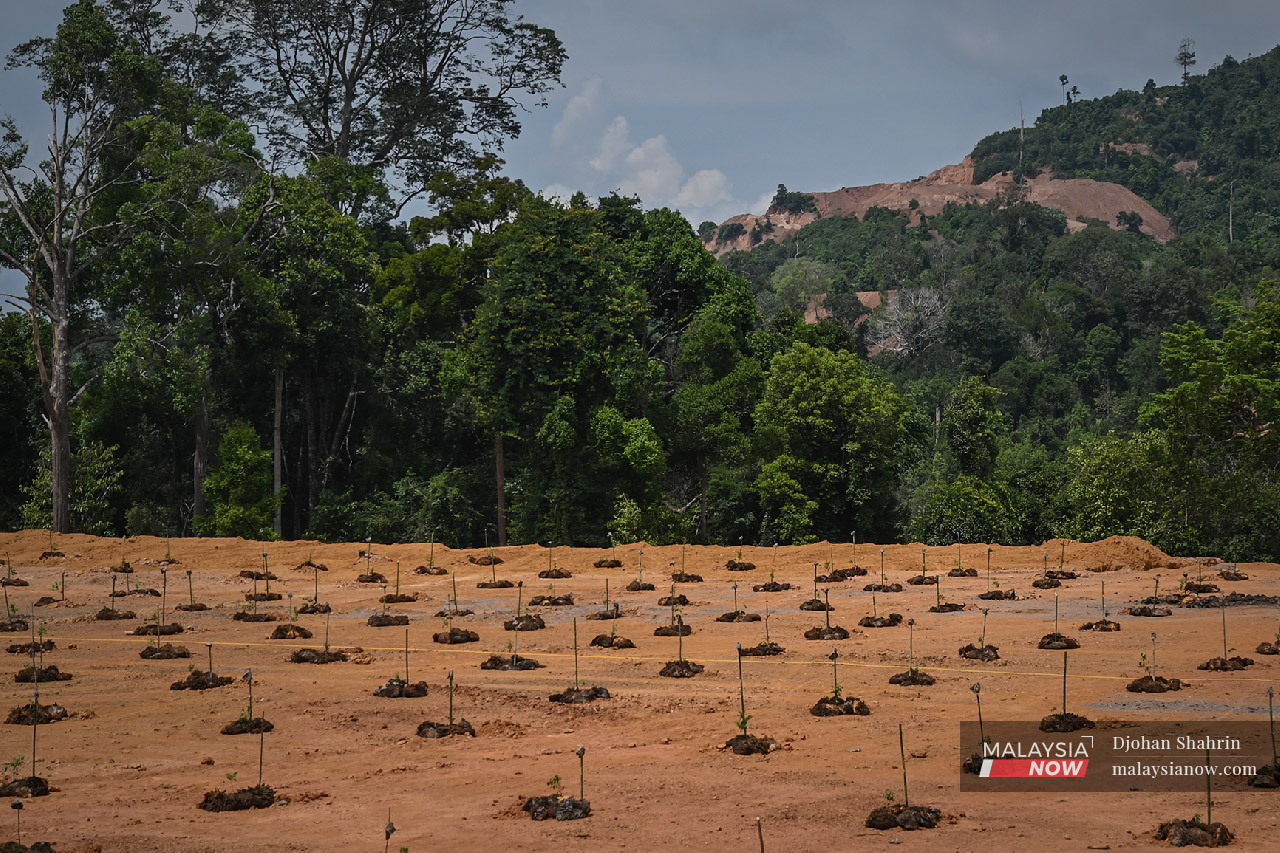
Subscribe to our newsletter
To be updated with all the latest news and analyses daily.
Share
Related Articles
- Advertisement -
